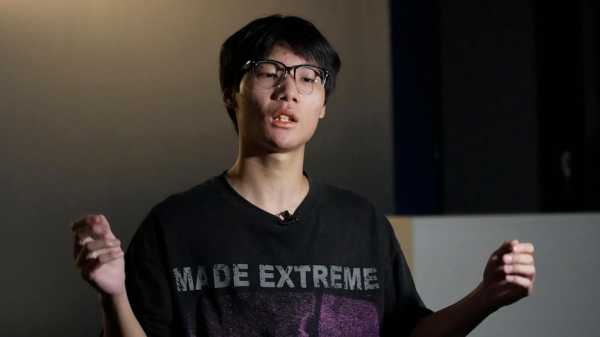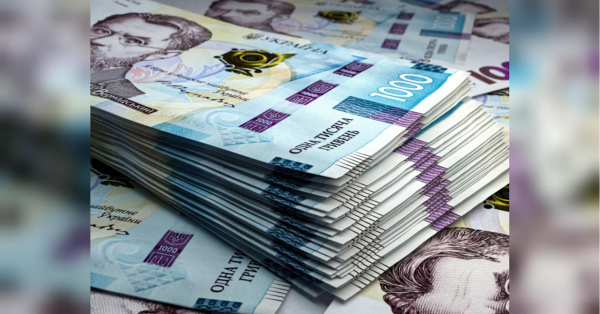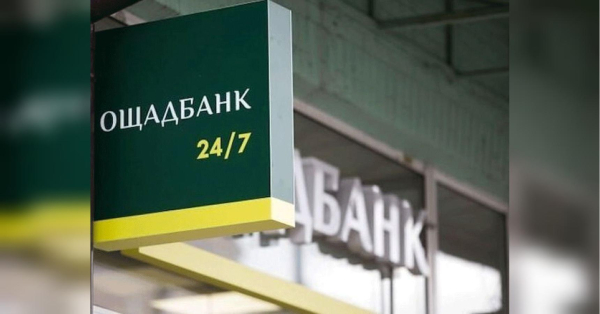
BANGKOK — When Gao Peng landed in Thailand on July 3, he was not expecting to be accused of making bomb threats, to be put on an EU travel blacklist, or to see his mother and 16-year-old sister detained and threatened with deportation back to China.
But bomb threats made in his and his mother's names against airports, luxury hotels and the Chinese embassy in Bangkok derailed the family’s plan to seek asylum in the Netherlands, where Gao Peng’s father moved three years ago. The threats appear to be part of Beijing’s increasingly sophisticated efforts to harass Chinese dissidents living overseas and their families.
While parts of the story told by Gao Peng and his father, Gao Zhi, couldn’t be independently confirmed, their predicament echoes accounts by other Chinese dissidents abroad, who believe Chinese authorities are making bomb threats in their names to control their political activities.
William Nee, research and advocacy coordinator at a coalition of rights organizations known as Chinese Human Rights Defenders, said that the bomb threats appear to be a new tactic that manipulates other governments into acting against Chinese dissidents.
“Obviously, public authorities may take such a threat seriously," he said. "It’s hard for them to have the context to understand that it is a preposterous allegation.”
Bomb threat allegations led the Netherlands to revoke visa approvals for Gao's family, and put his wife and son on an EU travel blacklist that kept them in Thailand until their visas expired. Thai police have not confirmed whether they are investigating the bomb threats.
An offer of asylum, and a mysterious bargain
Gao Zhi was not a prominent dissident. Until early 2020, he was a migrant factory worker who'd learned to evade China's censorship systems to use Twitter, where he followed human rights activists and posted calls for the overthrow of the Communist Party.
Gao got asylum in the Netherlands and moved there in January 2020.
Back home, police questioned Gao's family twice, but the pressure felt manageable at first.
That changed when Gao attended a rally organized by his friend Wang Jingyu, a more prominent dissident, on the June 4 anniversary of the 1989 Tiananmen Square massacre.
On June 15, police came to the home of Gao's wife, Liu Fengling, and demanded her cellphone. When she refused, they forced her into a chair, scratching her wrist in the tussle, and took it.
When Liu told her husband what happened, he urged her to leave China.
Dutch officials told Gao his family could get emergency visas at the Dutch embassy in Bangkok, where Chinese citizens can get visas on arrival.
But before the family left China, someone claiming to work for the country's Ministry of Public Security contacted Gao, according to undated screenshots he shared with the AP.
The person proposed a deal: if Gao promised to tone down his rhetoric and influenced Wang to give fewer interviews, the government would help reunite his family. Otherwise, Liu would be prevented from leaving China.
After speaking to Wang, Gao agreed.
The Associated Press was not able to verify the screenshots independently, and the ministry did not reply to a request for comment.
Liu and her daughter, Gao Han, traveled to Bangkok on June 27, followed on July 3 by the couple's son.
Gao Peng said he didn't know why they were going to Thailand. His parents had never told him why his father left China, although he was aware there was some trouble with the police.
Dissidents and families face bomb threat accusations overseas
The day after Gao Peng arrived in Thailand, someone called his mother and accused him of making bomb threats.
According to a recording made by Liu, the man identified himself as Wang Mingsen, a consular official at the Chinese embassy in Bangkok. “He said he wants to put a bomb at the embassy, because his father has been persecuted in China,” Wang said.
When reached by the AP, Wang said “This situation, we don’t have any information we can share with you.”
Gao Peng said that his family tried to report the bomb threats to police, but it took until July 9 to find an officer who spoke Chinese.
He told them threats had been called in to hotels across the country, including Phuket’s Ritz Carlton and JW Marriott hotels, and rooms in many of the same hotels had been booked under Gao Peng and his mother's names. The officer said it was probably a scam and they should just not pick up the phone.
A receptionist at the Marriott hotel in Phuket said they would ask their marketing team to provide comment. A resort under the Ritz-Carlton brand in Phuket said they hadn’t received any threats.
The accusations frightened Gao Peng, he said. “But I was also very indignant, because they’re accusing me and smearing me, I can’t accept that.”
Wang Jingyu, the Netherlands-based activist, and at least three other people linked to him have also described bomb threats made in their names. Wang said he was questioned by Dutch police, who eventually concluded that the threats were sent from IP addresses in Hong Kong and China, and gave him a document clearing his name.
Two journalists based in Europe also had bomb threats called into hotels where bookings were made in their names.
Bob Fu, a U.S.-based activist who helped Wang when he was detained in Dubai, said that he now has to alert both local and federal law enforcement every time he travels because of bomb threats.
Plans derailed as family fears deportation to China
Bomb threats also stopped Gao Zhi from buying airline tickets for his wife and son. When he tried, airline websites refused, saying they were on an EU “safety blacklist.”
The Dutch Immigration and Naturalisation Service told him that bomb threats had been sent to European airports in their names, and helped remove them from the blacklist, but the back and forth took days.
Amid the delay, Liu and her daughter's visas expired on July 11. The next day, Thai police came to the family's hotel and took the two women into custody.
Around the same time, the Dutch government informed Gao that it had revoked his family's visas, writing in an e-mail seen by the AP that Thai police had informed Dutch immigration authorities that they were investigating the family for bomb threats, and that the family had confessed and volunteered to go back to China.
The Dutch immigration service declined to comment, saying they do not discuss individual cases. The Royal Thai Police did not respond to a request for comment.
Liu was charged with overstaying a visa, according to the lawyer, Waritsara. Her daughter has not been charged.
Thailand has a record of deporting dissidents and refugees back to China, sometimes at the request of the Chinese government.
“It’s well understood that there is Chinese pressure in Thailand … so there’s quite a bit of pressure on Chinese activists and asylum seekers in Thailand,” said Nee.
Thai police told Waritsara that the Chinese embassy had expressed a special interest in the case.
Gao Zhi's Telegram contact promised to help, and told him to send his son to Huai Khwang police station in Bangkok, where he would receive a report ending the investigation. The police did not issue the report, Gao Peng said, but did return the family's cell phones.
Thai immigration officials also refused to extend Gao Peng's visa, mentioning a police warrant according to a recording he made, but he has not been detained.
What's next for the family is uncertain.
The Dutch government told Gao Zhi that if his son can get UNHCR refugee status and the family reaches the Netherlands, they can get visas.
Gao Zhi is spending his days writing to the Dutch and Thai governments to plead for his family.
“I thought I was saving them,” he said. “I didn’t think I was sending them into a Thai jail.”
___
Wu reported from Taipei, Taiwan
Sourse: abcnews.go.com






